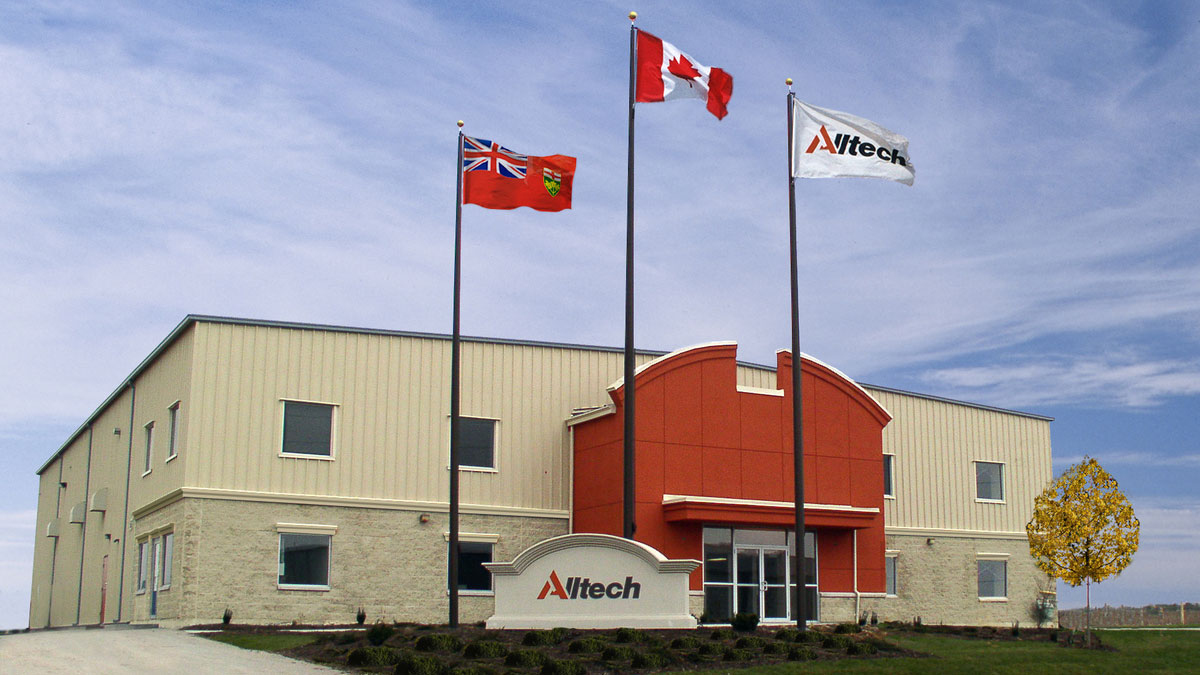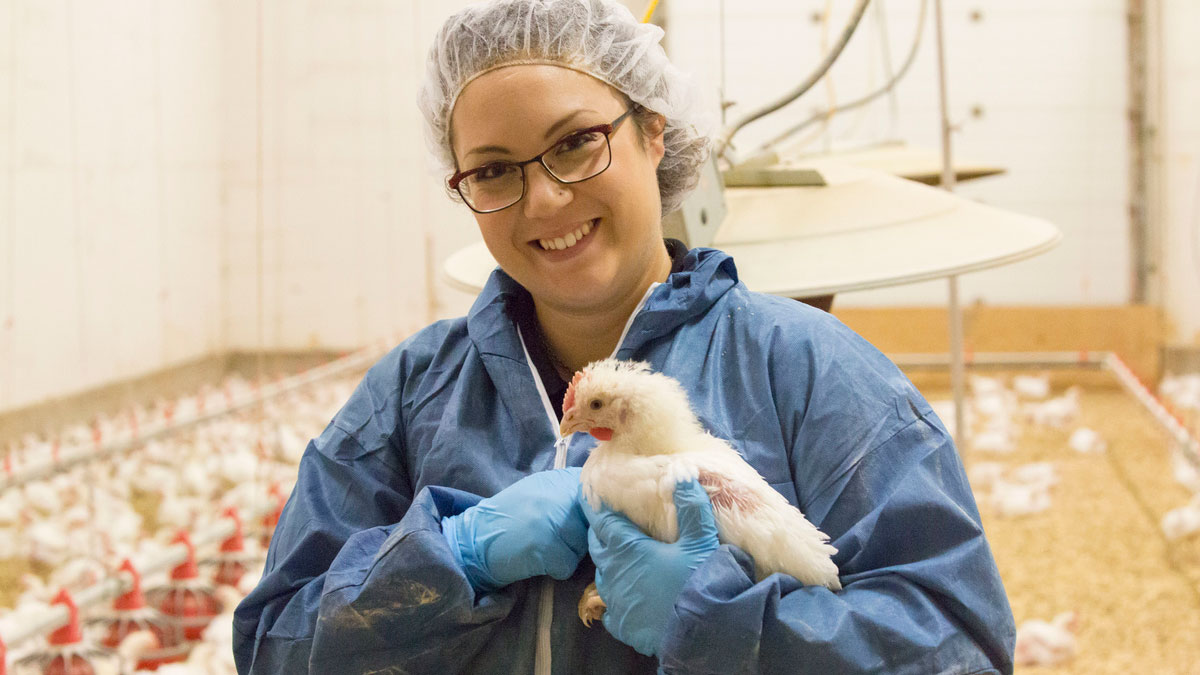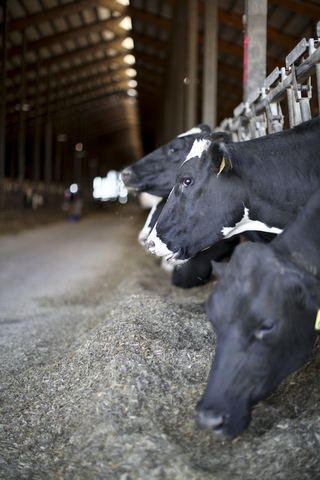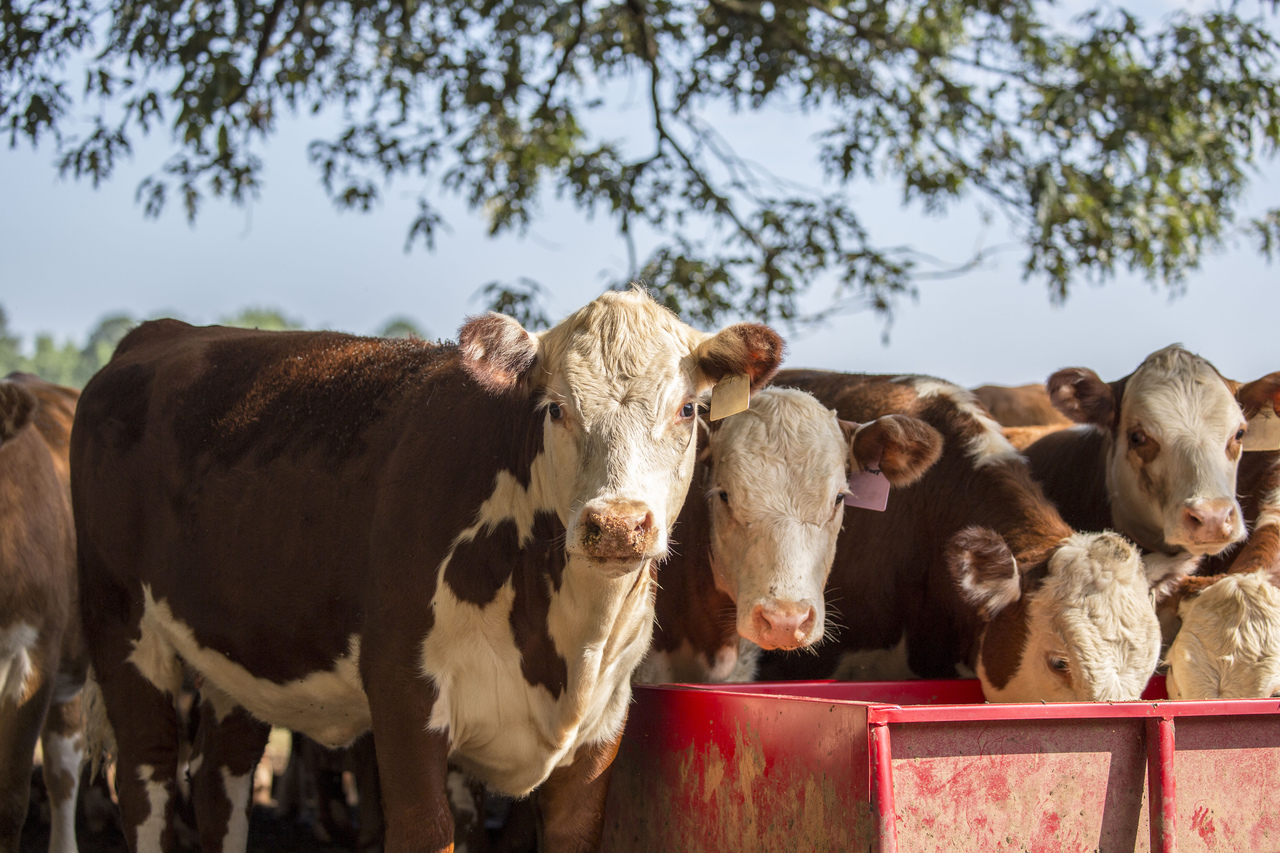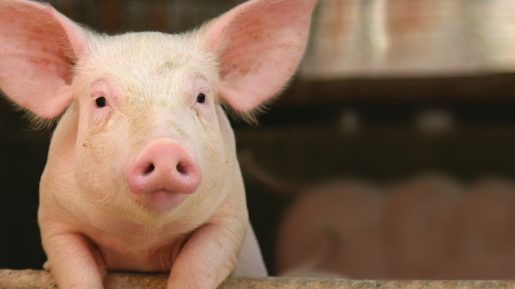3 ways to increase milk production while reducing your carbon footprint
In the dairy industry, successfully implementing solutions that “kill two birds with one stone” requires innovation and usable data. Finding ways to reduce the carbon footprint on dairy cattle operations while also maintaining high milk production is just that kind of situation.
It is important to understand that dairy production is on a continuous path of growth. Some insightful data provided by the IFCN shows that global milk production is projected to increase by 35% between 2017 and 2030. This level of growth is promising for the industry but will also present many challenges and raise questions about our ability to provide more with fewer resources while adopting practices that are environmentally sound. To top everything off, all of this must be achieved while also continuing to increase transparency for consumers about how their milk is produced.
The main question is: Can we reduce the carbon footprint of milk while also improving our production and profitability?
Greenhouse gases have been a trending topic among consumers for several years, and this topic is now resonating more with dairy farmers across the world, as new regulations and initiatives are being presented. To achieve reduced emissions, we must look at ways to optimize production — including via nutritional solutions, which will play a very big role as we go forward.
Dairy producers can utilize nutritional solutions as tools for reducing methane emissions from dairy cows, but technologies that offer environmental benefits cannot compromise on animal performance, as doing so would mean requiring more animals to meet the growing demand for food. However, before looking to implement any of these solutions, dairy producers will need to measure their carbon footprint.
TOOL ONE: Alltech E-CO2
To successfully reduce our greenhouse gas emissions, we must first know where these emissions come from. Analytical services, such as Alltech E-CO2, identify and quantify these hotspots through accredited environmental assessments. Over the past 10 years and more than 10,000 assessments, Alltech E-CO2 has found that the two largest sources of emissions on dairy farms are enteric emissions (i.e., methane from the rumen) and feed use. Together, these two sources contribute more than 60% of all emissions on dairy operations. These sources relate to rumen health and an animal’s ability to best maximize the feed it is being fed. By ensuring the production of a healthy and productive cow, we are helping operations improve their production efficiency while also enabling energy to be utilized for milk production and regular body maintenance, rather than being wasted by fighting health challenges. This type of information is critical for identifying targeted solutions that will enhance our methane mitigation strategies.
To successfully reduce a farm’s carbon footprint, we must look beyond one gas in one area and consider the balance of emissions across the entire farm. A lifecycle observation is one way of doing that, and it’s all about identifying opportunities to reduce waste and improve farm efficiency, which will translate to more money for the producer.
Learn more about Alltech E-CO2 here.
Read on to learn more about two nutritional solutions that work to target the areas where there is room for improvement, as identified by Alltech E-CO2.
TOOL TWO: Optigen®
Optigen is a feed ingredient backed by years of robust research data that works to support production efficiency and sustainability. Optigen, a concentrated source of non-protein nitrogen, releases nitrogen into the rumen in a slow-release form. This provides a sustained release of ammonia in the rumen in sync with fermented carbohydrate digestion, thus allowing for efficient microbial protein synthesis in the rumen.
In order to gather clear evidence that shows how we can use feed strategies to reduce our carbon footprint, the FAO developed a standard guideline for the environmental performance of feed additives in the livestock supply chain. These standards recommend the use of data from meta-analyses and life cycle analyses. Meta-analyses make it possible to combine data from years of multiple studies to arrive at an evidence-based conclusion by using comprehensive statistical procedures. Life-cycle analyses allow us to quantify the greenhouse gas emissions along the entire supply chain or in the production cycle of a particular product. Combining these two approaches demonstrates how feeding technologies can contribute to the reduction of greenhouse gas emissions and/or better sustainability credentials.

Included here is an example of a meta-analysis of Optigen. The data from this meta-analysis indicate that, over the course of around two decades, research has shown that using Optigen is associated with a 23% reduction, on average, of plant protein sources in the diet. Soybean meal, specifically, can be reduced by about 21%, and an increase in feed efficiency of around 3% has also been documented. Additionally, diets that include Optigen and use reduced amounts of plant protein sources have been shown to improve nitrogen utilization efficiency by 4%, leading to a 14% reduction in the total carbon footprint of the diets of animals used in milk production.
Read the full meta-analysis here.
TOOL 3: Yea-Sacc®
There are some products on the market — like yeast cultures — that can help improve production efficiency while also reducing the carbon footprint of an operation. Yea-Sacc is a yeast culture based on the Saccharomyces cerevisiae strain of yeast. Yea-Sacc modifies rumen activity by supporting a consistent improvement in the growth and activity of lactic acid-utilizing bacteria, which helps stabilize the rumen pH. At the same time, it also works to improve the digestion and utilization of nutrients. Thanks to these types of improvements, cows can absorb more nutrients for higher milk production.
Utilizing a meta-analysis approach once again, a collection of 31 studies has shown that feeding Yea-Sacc to dairy cows can lead to an increased milk yield of 1 kg/head/day, on average, and can reduce the carbon footprint and nitrogen emission intensity by around 3% and 5.4%, respectively. These numbers demonstrate that it is possible for milk production efficiency to increase and for the carbon footprint and nitrogen excretion intensity to decrease simultaneously.
Explore the additional benefits of Yea-Sacc here.
At the beginning of this blog, we posed a question: Can we reduce the carbon footprint of milk while also improving our production and profitability? With proven tools like the ones outlined here, the answer to that question is yes: It is possible to reduce the carbon footprint of dairy production and to improve our economic returns and performance at the same time. Based on the data compiled in various meta-analyses, it is clear that there are feeding solutions on the market that farmers can use to reduce their emissions and increase their productivity and profitability in conjunction with nutritional strategies that will help improve production efficiency in dairy systems.
- Read more about 3 ways to increase milk production while reducing your carbon footprint
- Log in to post comments














